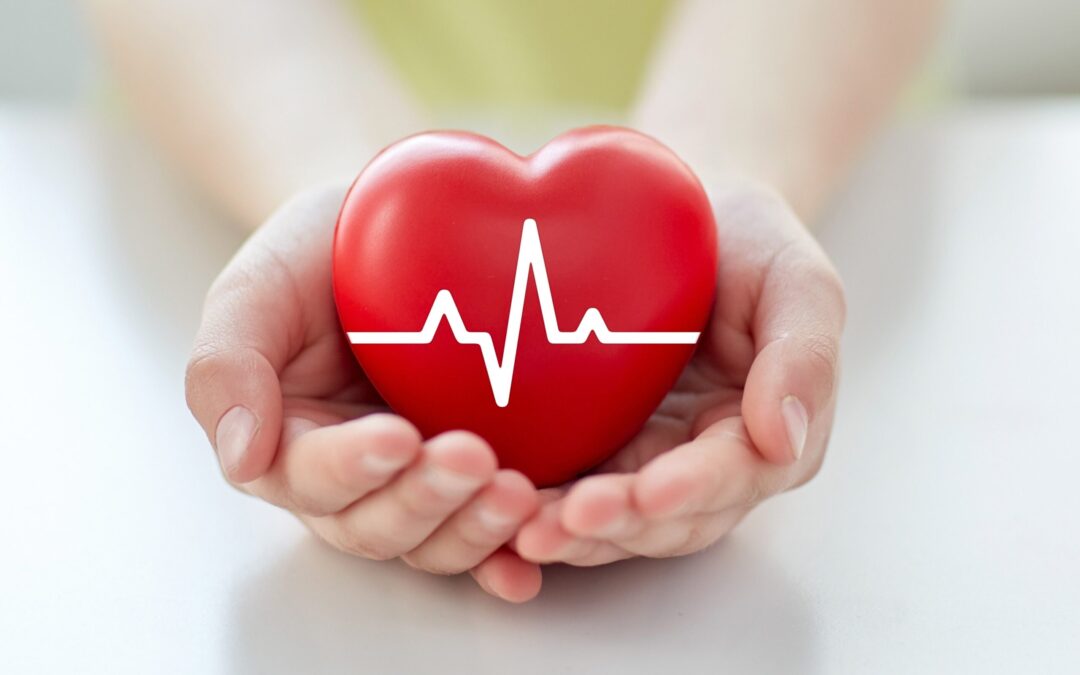Holiday Heart Syndrome is a term that was coined in the late 1970s to describe a condition characterized by abnormal heart rhythms (arrhythmias) that occur in individuals who consume excessive amounts of alcohol, particularly during holiday periods. It was initially observed in patients who presented with acute arrhythmias after heavy alcohol consumption during the holiday season.
The condition is believed to be triggered by the toxic effects of alcohol on the heart muscle and the electrical system of the heart. It is most commonly associated with binge drinking, where a large amount of alcohol is consumed over a short period of time. However, it can also occur with chronic heavy alcohol consumption.
Symptoms of Holiday Heart Syndrome
Holiday Heart Syndrome typically presents with symptoms such as rapid or irregular heartbeat (atrial fibrillation), palpitations, chest discomfort, and shortness of breath. These symptoms can be alarming and may prompt individuals to seek medical attention. The arrhythmias associated with Holiday Heart Syndrome are usually self-limiting and resolve on their own within 24 to 48 hours after alcohol consumption is discontinued.
While the exact mechanism behind Holiday Heart Syndrome is not fully understood, it is believed that alcohol’s direct toxic effects on the heart muscle, as well as its interference with the electrical signals that regulate heart rhythm, contribute to the development of arrhythmias.
Only On Holidays?
It is important to note that Holiday Heart Syndrome is not limited to holiday periods, and excessive alcohol consumption at any time can lead to similar cardiac arrhythmias. Individuals with underlying heart conditions, such as hypertension or pre-existing heart rhythm abnormalities, may be more susceptible to the effects of alcohol on the heart.
Dangers of Holiday Heart Syndrome
While Holiday Heart Syndrome is generally considered to be a temporary condition, it is important to recognize the potential dangers and risks associated with it. Here are some of the key dangers of Holiday Heart Syndrome:
- Increased Risk of Stroke: Atrial fibrillation, a common arrhythmia associated with Holiday Heart Syndrome, can lead to the formation of blood clots in the heart. These clots can then travel to the brain, causing a stroke. This risk is particularly significant for individuals with underlying cardiovascular conditions or a history of stroke.
- Cardiac Complications: Prolonged or severe episodes of arrhythmias, such as atrial fibrillation, can put a strain on the heart and lead to various cardiac complications. Over time, this can result in heart muscle damage, heart failure, and an increased risk of other cardiovascular events.
- Impaired Oxygenation: Arrhythmias can disrupt the normal electrical signals that regulate heart rhythm and the pumping of blood. This can compromise the delivery of oxygenated blood to the organs and tissues, leading to symptoms such as fatigue, shortness of breath, and dizziness.
- Increased Risk of Recurrence: Individuals who have experienced Holiday Heart Syndrome or any alcohol-induced arrhythmia are more likely to develop recurrent episodes, especially with continued excessive alcohol consumption. Recurrence can further increase the risks and complications associated with the condition.
- Underlying Health Conditions: Holiday Heart Syndrome may unmask underlying cardiovascular conditions that were previously undiagnosed or asymptomatic. Excessive alcohol consumption can exacerbate these conditions and potentially lead to more severe health complications.
- Impact on Overall Well-being: The physical and emotional stress associated with Holiday Heart Syndrome can have a significant impact on an individual’s overall well-being. The anxiety and worry related to experiencing arrhythmias can affect daily life, relationships, and mental health.
How do I prevent or avoid holiday heart syndrome?
To prevent Holiday Heart Syndrome and promote overall heart health, it is recommended to consume alcohol in moderation – but we recommend avoiding alcohol all together.

